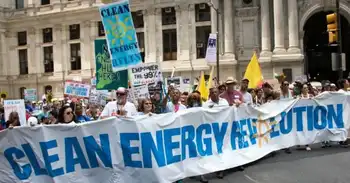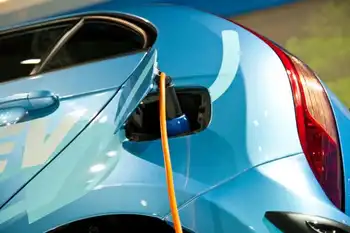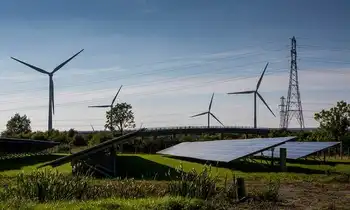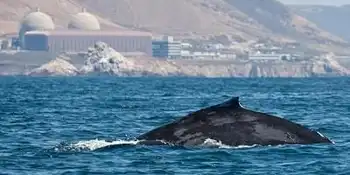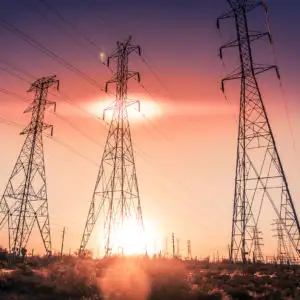Seven companies might announce new U.S. nuclear plant
By New York Times
NFPA 70b Training - Electrical Maintenance
Our customized live online or in‑person group training can be delivered to your staff at your location.

- Live Online
- 12 hours Instructor-led
- Group Training Available
The companies, including the two largest nuclear plant owners in the United States and two reactor manufacturers, have not specified what they would build or where. In fact, they have not made a committment to build at all. But they have agreed to spend tens of millions of dollars to get permission to build, and they anticipate tens of millions from the federal government, which requested such proposals in November. The money would go to finish design work useful for a new generation of reactors and to develop a firm estimate of what such plants would cost.
"In order to keep the nuclear option open for the future, we've got to take this next step," said Gary J. Taylor, president and chief executive of Entergy Nuclear, a participant.
The industry successfully operates existing plants, Mr. Taylor said, but it must build more to sustain itself. "Without a future, there's an inability to attract new talent," he said.
"It can't be just any one company," Mr. Taylor added. "Entergy believes it's going to have to be some sort of consortium."
Other executives said the consortium would help the industry. "Somebody needs to take the responsibility to advance the momentum, or there won't be an option," said an executive at another company who asked not to be more closely identified before the announcement. "There haven't been any orders since Three Mile Island, we've got an aging fleet, and at some point they won't be there any more."
The Three Mile Island accident occurred 25 years ago this month. The last orders were placed nine months later, in December 1979, but every one after 1973 was canceled, mostly because of soaring costs. There are 103 commercial reactors now operating; those in service the longest began operation in 1969.
The consortium's other goal is to test a simplified licensing system created by the Nuclear Regulatory Commission 12 years ago to help the industry go from reactor order to electricity production in 5 years, as opposed to the 10 or 12 years it took under the previous system.
Industry executives say the prospects for new reactor construction are encouraging because of problems facing competing fuels: natural gas prices are persistently high and coal power stations face stiff environmental requirements. Some executives said they hoped their companies would be compensated for making power without emitting gases that contribute to global warming.
The generating companies announcing the consortium are Exelon Nuclear, a unit of the Exelon Corporation that owns 17 reactors and is the nation's largest operator; Entergy Nuclear, a unit of the Entergy Corporation that owns 9 reactors, manages a 10th under contract and is the second-largest operator; Constellation Energy; the Southern Company; and EDF International North America, a subsidiary of Électricité de France, which owns shares in reactors in this country. As for manufacturers, the Westinghouse Electric Company, a BNFL subsidiary that has a design in the late stages of review by the N.R.C., and General Electric, which has a design under preliminary review, are also partners.





